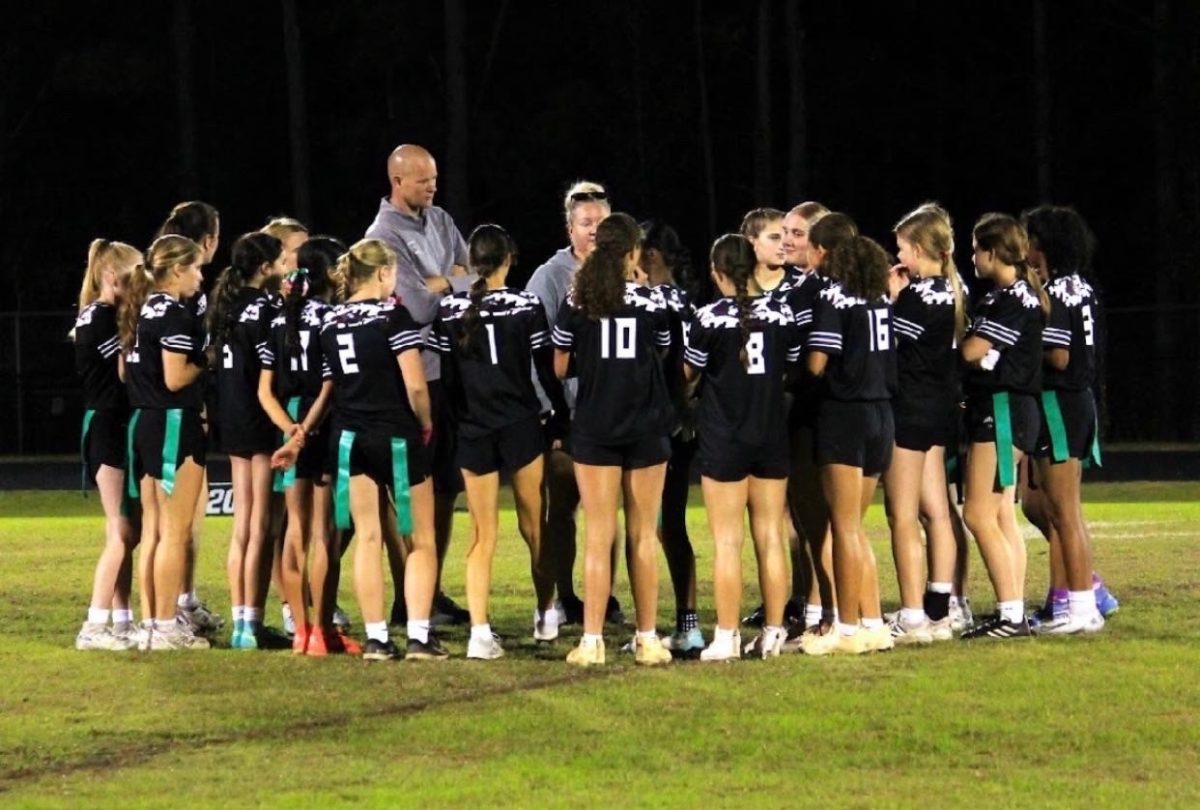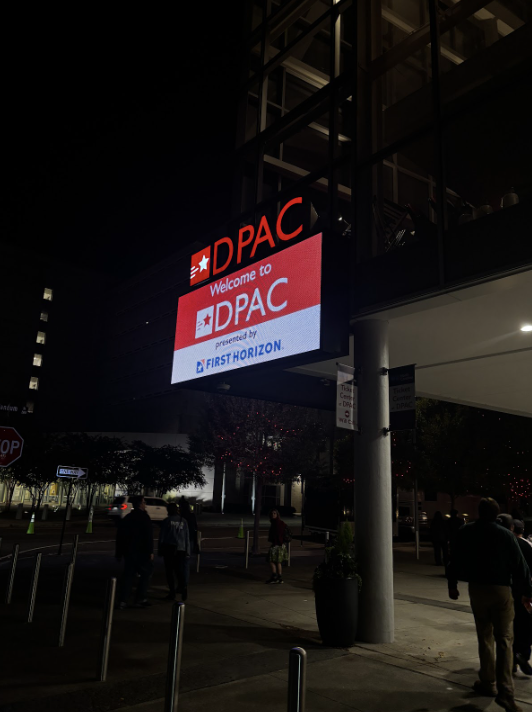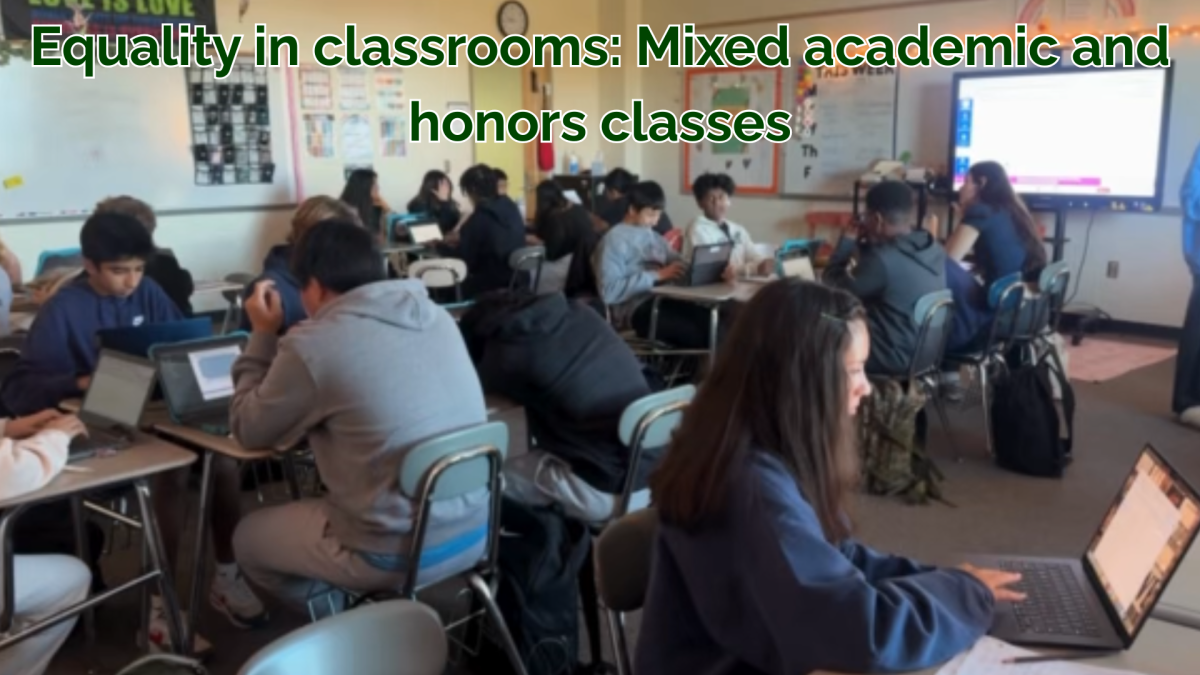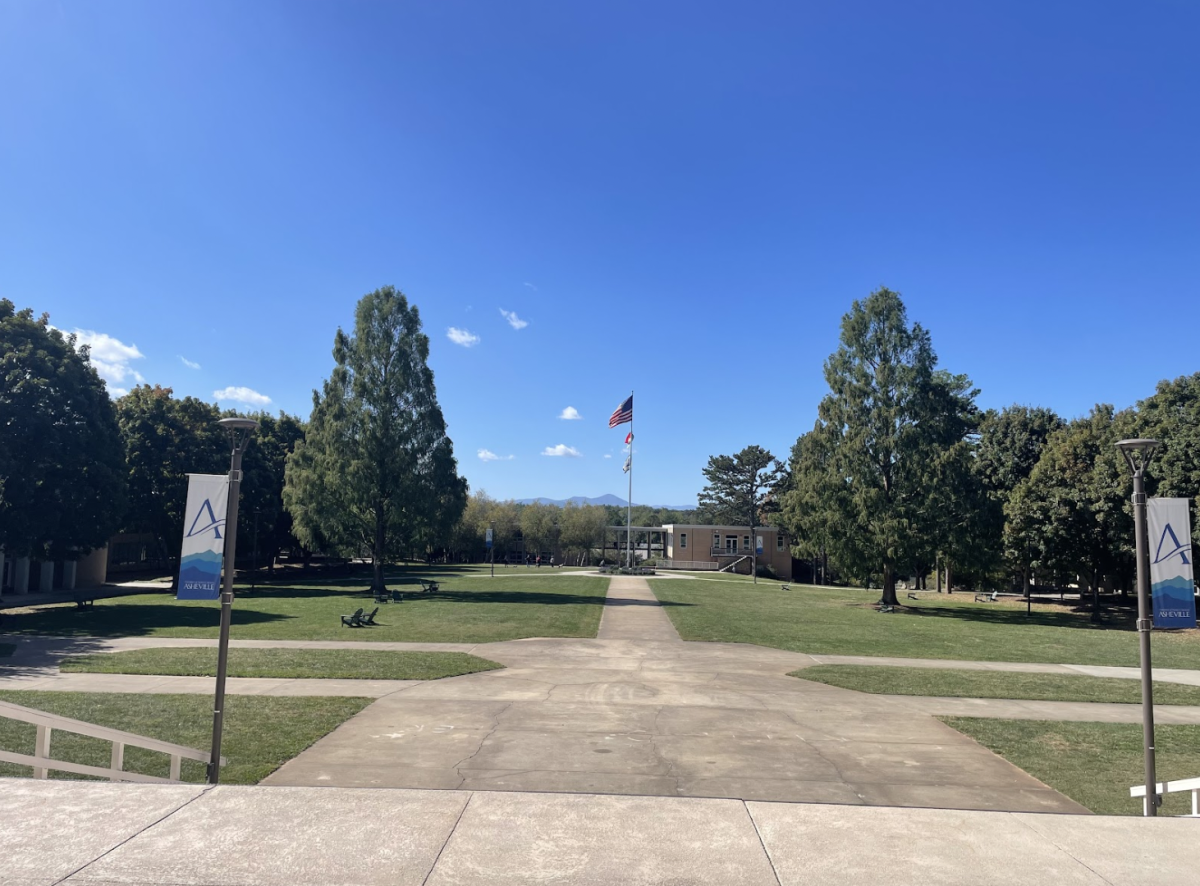After the Supreme Court ruled that affirmative action violated the equal protection clause of the Fourteenth Amendment in University of North Carolina, Chapel Hill v. Students for Fair Admissions, many schools in North Carolina have passed policies in order to make higher education more affordable for lower-income households. One such policy is “Access Asheville”, which passed in early Oct. 2023 guaranteeing free tuition and fees. To those who meet the standards set by the university.
In an interview with the GH falcon, Marcio Moreno, UNC Asheville’s Associate Vice Chancellor of Admission and Financial Aid elaborated on the program. He has 18 years of experience of working as an enrollment manager within schools all across North Carolina, including Fayetteville State University, UNC Wilmington, UNC Greensboro and Elizabeth City State University.
“This program is for students who meet the following criteria: applicants must annually complete the Free Application for Federal Student Aid (FAFSA) by the UNC Asheville priority filing deadline of March 1. They must be a North Carolina resident as determined by the North Carolina Residency Determination Service,” said Moreno. He continued to explain the requirements that students must meet to qualify for “Access Asheville” aid.“Their Adjusted Gross Income (AGI) as reported on the FAFSA must be $80,000 or less. They must be new first-year or transfer undergraduate students [who are] entering Fall 2024 and are pursuing their first bachelor’s degree. Must have a course load of at least 15 credit hours a semester. Recipients must maintain Satisfactory Academic Progress.”
When asked about the university’s goals in reducing the cost of admissions, Moreno said that the purpose of the campaign is to reach as wide a variety of students as possible. “UNC Asheville’s financial aid strategy has always prioritized the needs of median income and Pell-eligible students. The launch of Access Asheville provides a comprehensive communication and marketing strategy that reaches college-age North Carolinians and their families. The goal of Access Asheville is focused on increased access and recruitment,” said Moreno.
Before passing this policy, the Office of Financial Aid at the school analyzed numerous years of past aid and tuition assistance data. “This analysis included understanding how different financial aid packages influenced each family’s decision to enroll at our institution or not,” said Moreno. “We were able to identify patterns and new ways to distribute our resources to maximize their effect in our total headcount. This exercise helped us understand we have already been providing tuition and fees for many students and our current practices were already conducive to a formal program like ‘Access Asheville.'”
Moreno described the specific benefits of the program, emphasizing the all-encompassing nature of the aid. “We are making sure the financial package for qualified Access Asheville students will cover these charges. The current financial aid model utilizes an individualized calculation, which assesses the cost of attendance, expected family contribution, and qualification for specific types of institutional aid (merit, need, etc.). The University will package students’ aid based on a calculated cost, expected family contribution, available Federal Aid, and institutional aid where applicable,” said Moreno.
The program continues to pledge financial support for those who don’t meet the income threshold, supporting both current and future UNC Asheville students in obtaining their degrees.













































































